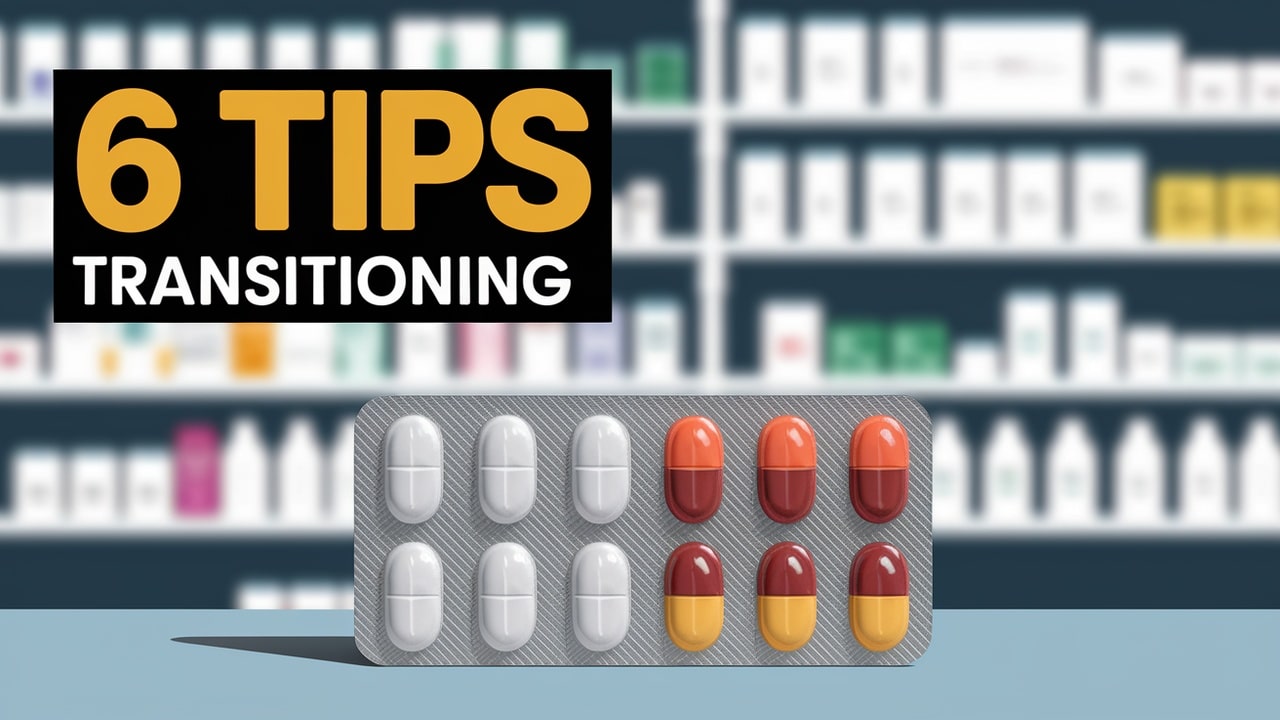
Tips for Choosing Health Cover
If you want to choose a health insurance provider, consider what follows. Health coverage is essential today, and it is the only way your family can get needed surgery or treatment when you cannot physically pay for it yourself. If you know where to look for answers, you can learn which questions to ask each company so that you can choose the best one for your individual needs.
Table of Contents
- Here are some tips for choosing a health cover;
- Assess your healthcare needs
- Use an independent broker.
- Understand different types of plans.
- Check if your medications are covered.
- Evaluate Deductibles
- Consider copays and coinsurance.
- Consider Your Income and Family Size
- Consider prescription drug coverage.
- Consider your needs
- Consider extras
- Compare Costs
- Check what’s covered.
- Conclusion
Here are some tips for choosing a health cover;
Assess your healthcare needs
Your medical history is essential when buying any kind of insurance plan. If you have been diagnosed with any severe illness or disease, opt for higher coverage limits, although this may increase your premium payments. Also, remember that pre-existing conditions are not covered under most plans unless purchased within 63 days of enrolling in the program or before the beneficiary turns 21 years old.
Use an independent broker.
When buying health insurance online, many people use brokers instead of going directly through an insurance company website or call center. That is because they feel more comfortable dealing with an independent professional with no vested interest in any particular product or company. An independent broker can also give unbiased advice on different products available in the market and help you choose the best one for your needs and budget constraints.
Understand different types of plans.
The most common type is an indemnity plan, which pays a set amount for each covered medical expense. A preferred provider network (PPO) plan offers discounted rates for care received from doctors who are part of the insurer’s network. In a health maintenance organization (HMO), members must receive most care from doctors who belong to the plan’s network, though they can also see out-of-network doctors for an increased cost.
Check if your medications are covered.
Some plans require you to try generic drugs before they cover name-brand prescriptions, while others don’t cover generic drugs at all. Some plans won’t cover any prescription drugs at all. Others will only cover certain types of drugs, such as those used for treating cancer or HIV/AIDS or those that treat mental illness. Standard health insurance policies usually cover medicines used to treat chronic conditions like diabetes and high blood pressure. Some insurers don’t cover over-the-counter medications even though these products may be cheaper than prescription drugs and sometimes more effective at treating certain conditions. If you are looking for the right insurance provider, US health advisors can help.
Evaluate Deductibles
Health insurance deductibles are the amount you must pay out of pocket before your insurance kicks in. Some plans have a high deductible, meaning if you have to go to the doctor for something small, such as an ear infection, you may have to pay out of pocket until you’ve met your deductible amount. Other plans have lower deductibles, so you would only pay upfront for more severe illnesses or injuries.
It’s important to remember that while an HSA-qualified plan with a lower deductible can be beneficial if you don’t expect any significant healthcare expenses during the year, it may not be worth it if you do need medical care during the year, especially if that care costs more than your deductible amount. For example, if your health plan has a $1,000 deductible, but the surgery cost is $2,000, then you’d still have to pay $1,000 out of pocket unless your insurance company covers this specific procedure.
Consider copays and coinsurance.
Copays are the portion of the cost you pay when visiting a doctor or filling a prescription. Coinsurance is what you owe for each day that you stay in the hospital or rehab facility after an accident or illness. Choose plans with lower copays and coinsurance so that if you need medical treatment, it won’t cost too much out-of-pocket.
Consider Your Income and Family Size
The income level at which you can get government subsidies to help pay for health insurance varies depending on where you live and whether or not you have children.
Income-based subsidies are based on your income as a percentage of the federal poverty level (FPL). The federal poverty level varies by state and family size.
Consider prescription drug coverage.
Prescription drug coverage is often included in an employer’s group health plan, but you may not have access to it if you’re self-employed or unemployed. If you need prescription drugs, ask about this when shopping for an individual policy. Some plans may offer a separate prescription drug plan that can supplement your existing medical coverage or act as a stand-alone policy.
Consider your needs
Think about what kind of coverage you need and how much you can afford to pay each month for your premium monthly fee. You might want to consider whether you want extras like dental or optical covers included in your plan.
Consider extras
You may want to consider extras, such as dental coverage and travel insurance, which can be added to your primary health insurance policy. These are often available at an extra cost but could be worth it, especially if you plan to travel abroad or have children needing braces.
Compare Costs
It’s essential to compare the cost of different health insurance plans, even though they may seem similar. This can be a complicated process, and you may need help from an independent financial adviser or health insurance broker. They can help you weigh all the options and choose the best policy for you and your family.
Check what’s covered.
If you have existing conditions or have had past procedures done, check whether your policy will cover these. You may also want to consider whether maternity coverage is essential for you and whether any cosmetic surgeries should also be included in your policy.
Conclusion
Any health plan’s success depends on each individual’s needs, priorities, and budget. But choosing a project can be tricky if you don’t know what to look for. So start by thinking about your needs, then think about the options on offer, and choose the best one for you.






